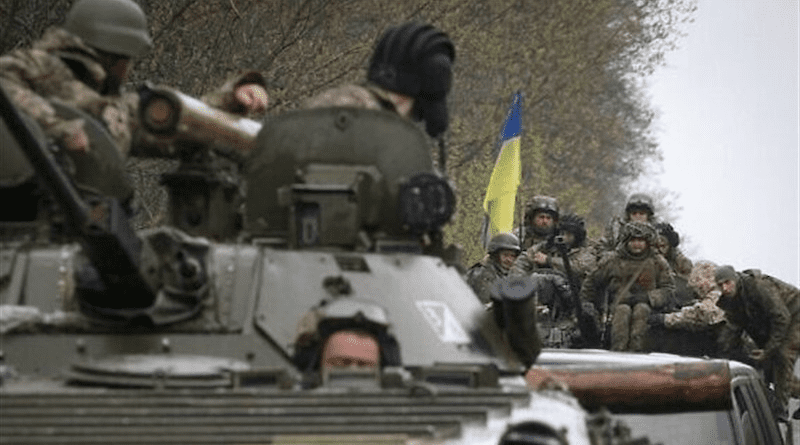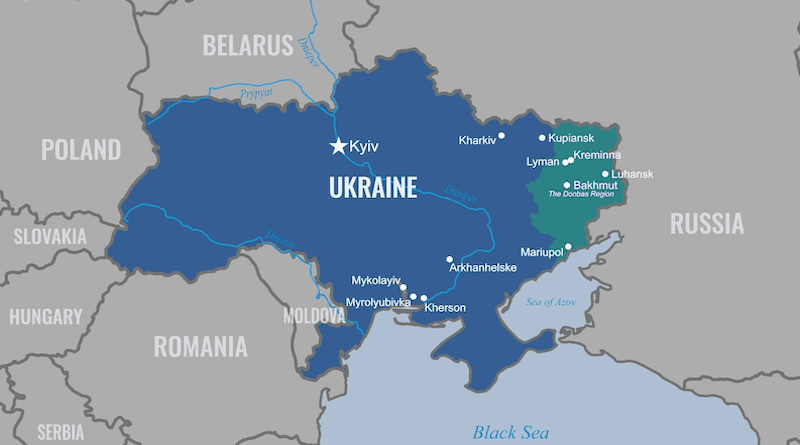The Development Of Russia’s Hybrid War Doctrine

Abstract: The Russo-Ukrainian war has shown that the Russian Hybrid War Doctrine, in its real essence, is not about military technology at all – it is a collection of covert special operations. This war is regional in terms of territory but not in terms of its influence on global geopolitics and the development of hybrid war theory. A principal feature of hybrid warfare is a paradoxical logic: it is the situation of neither war nor peace. Clausewitz’s formula of war is turned inside out: war is no longer the continuation of politics by other means, but politics is war waged by other means.









